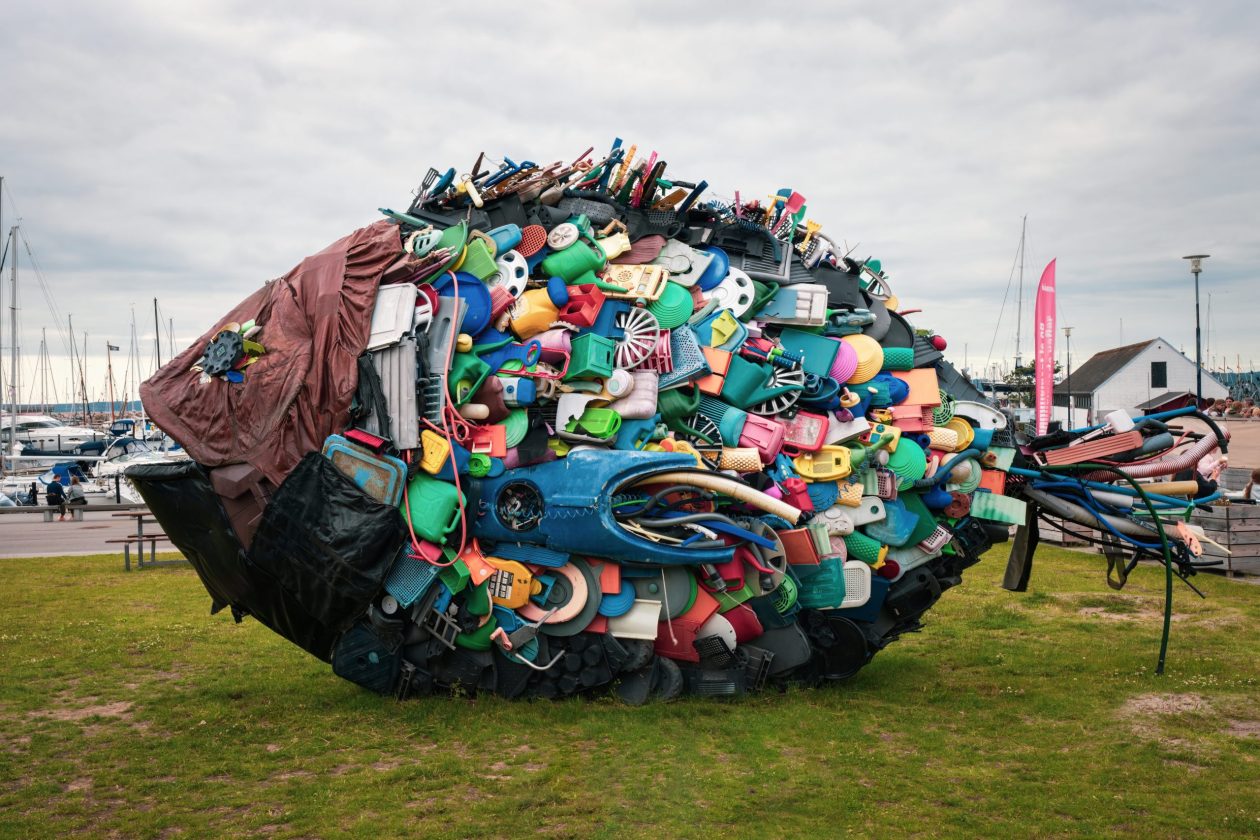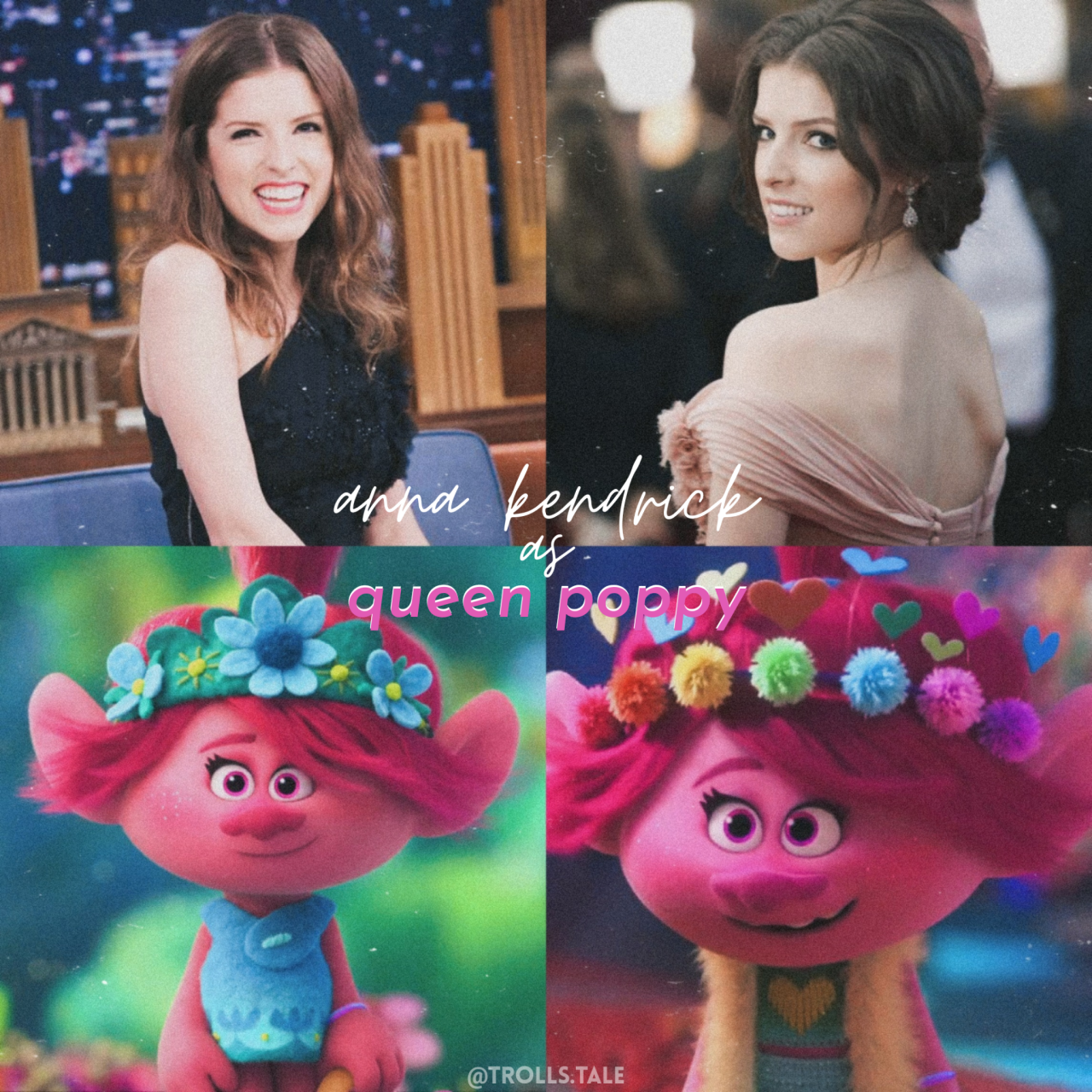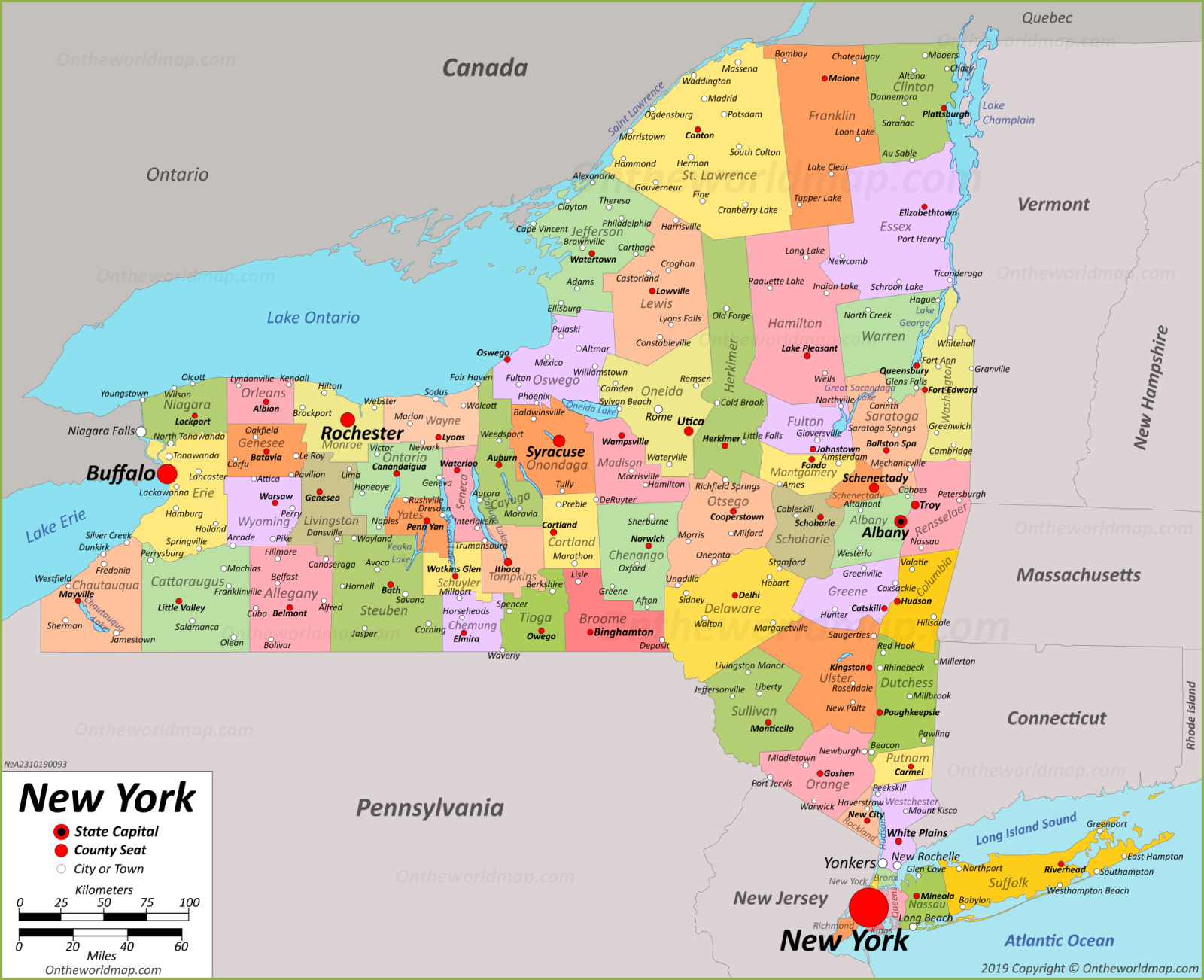Turning Trash To Treasure: An AI-Powered "Poop" Podcast From Mundane Documents

Table of Contents
Unlocking the Narrative Potential of Mundane Documents
Many believe that only exciting events make for good storytelling, but the truth is, even seemingly boring documents can hold hidden stories and insights. These often-overlooked files are treasure troves of information waiting to be explored. They provide a unique window into the past, offering a wealth of historical context and human experience.
- Examples of document types ripe for podcast transformation: Old letters, diaries, journals, meeting minutes, company archives, legal documents, scientific papers, even grocery lists from decades past can reveal fascinating perspectives.
- Highlighting the human element: Every document, no matter how mundane it may seem, is a product of human interaction and experience. A simple invoice might reveal details about a long-forgotten business, or a personal letter might offer an intimate glimpse into someone's life and emotions. These are the stories waiting to be told.
- Unique perspectives and historical context: Documents provide unparalleled access to historical events and societal changes. They allow listeners to understand the past from a personal and relatable angle, making history come alive.
The Role of AI in Transforming Data to Audio
The magic of transforming text-based documents into engaging podcasts lies in the power of Artificial Intelligence. Specific AI tools and techniques are crucial for this process, making it surprisingly accessible.
- Natural Language Processing (NLP): NLP algorithms analyze and understand the text in your documents, allowing for summarization, keyword extraction, and even sentiment analysis to inform the narrative structure.
- Text-to-Speech (TTS) software: High-quality TTS software converts written text into realistic and engaging speech. The quality of TTS has dramatically improved in recent years, making it a viable option for podcast creation.
- AI-powered editing tools: Software like Descript, Murf.ai, and others offer AI-driven tools to clean up audio, enhance clarity, add sound effects, and even automatically generate transcripts.
- Specific Software/Platforms: Experiment with different platforms to find the best fit for your project. Many offer free trials, allowing you to explore their capabilities before committing.
Crafting a Compelling Podcast Narrative from Your Data
Simply converting text to speech isn't enough; creating a truly engaging podcast requires a well-structured narrative.
- Strategies for creating a compelling narrative arc: Consider structuring your podcast around themes, timelines, or key characters within your documents. Build suspense, create emotional connections, and offer a clear beginning, middle, and end.
- Incorporating sound effects and music: Adding appropriate sound effects and background music can significantly enhance the listener experience, creating a richer and more immersive soundscape.
- Maintaining audience interest and avoiding monotony: Break up lengthy sections with varied audio elements, interviews, or changes in tone. Keep the pace engaging and avoid long stretches of monotonous narration.
- Examples of successful "data-driven" podcasts: Look for inspiration in podcasts that utilize archival material or data-based storytelling for effective narrative techniques.
Overcoming Challenges: Data Cleaning and Ethical Considerations
Working with raw data presents some challenges. Careful planning and ethical considerations are paramount.
- Data cleaning and pre-processing techniques: Raw documents may need cleaning and formatting. This includes removing irrelevant information, correcting errors, and ensuring consistency in style and language.
- Dealing with incomplete or inconsistent data: Be prepared for gaps or inconsistencies in your data. Consider how best to address these issues while maintaining narrative integrity.
- Addressing privacy concerns and ethical considerations: Respect privacy laws and ethical guidelines, especially when working with personal or sensitive data. Anonymize or redact information as needed.
- Importance of fact-checking and accuracy: Always verify information from your documents. Accuracy and trustworthiness are crucial for maintaining credibility.
The "Poop" Podcast Concept: A Case Study
Let's have some fun! The "Poop" podcast concept, while seemingly absurd, provides a fantastic example of the potential of this approach.
- Linking "poop" to various data sources: Historical sanitation records, scientific studies on digestion, humorous anecdotes about bathroom habits – these all offer unique storytelling opportunities.
- Structuring a "poop" podcast: Imagine segments exploring the history of toilets, interviews with sanitation experts, or even comedic readings of old diary entries about bowel movements.
- Potential audience appeal and marketing strategies: The unusual nature of the theme can attract a curious audience. Marketing could leverage humor and intriguing visuals.
Conclusion
Turning your seemingly mundane documents into a captivating podcast is entirely achievable with the help of AI. By leveraging the power of NLP, TTS, and creative storytelling techniques, you can transform "trash" data into a valuable and engaging "treasure" of audio content. Don't let those old files gather digital dust – unleash their narrative potential and start creating your own unique AI-powered podcast today! Explore the possibilities of turning your data into an audio masterpiece. Remember, even the most seemingly uninteresting documents can hold compelling stories waiting to be unearthed. Start transforming your "trash" into "treasure" with AI-powered podcasting today!

Featured Posts
-
 Captain America Brave New World Online Streaming Platforms And Release Dates
May 14, 2025
Captain America Brave New World Online Streaming Platforms And Release Dates
May 14, 2025 -
 Loose Women Star Kaye Adams Reveals Show Difficulties
May 14, 2025
Loose Women Star Kaye Adams Reveals Show Difficulties
May 14, 2025 -
 Dodgers Rally Ohtanis Six Run 9th Leads To Comeback Win
May 14, 2025
Dodgers Rally Ohtanis Six Run 9th Leads To Comeback Win
May 14, 2025 -
 Enoteca Maria Understanding The Nonna Legacy
May 14, 2025
Enoteca Maria Understanding The Nonna Legacy
May 14, 2025 -
 Investigation Banned Candles Found On Canadian Marketplaces Etsy Walmart Amazon
May 14, 2025
Investigation Banned Candles Found On Canadian Marketplaces Etsy Walmart Amazon
May 14, 2025
Latest Posts
-
 A Guide To Staten Islands Nonna Restaurants Family Recipes Passed Down
May 14, 2025
A Guide To Staten Islands Nonna Restaurants Family Recipes Passed Down
May 14, 2025 -
 Experience Chocolate Paradise Lindt Opens In Central London
May 14, 2025
Experience Chocolate Paradise Lindt Opens In Central London
May 14, 2025 -
 Exploring The Enoteca Maria Fact And Fiction Behind The Nonnas
May 14, 2025
Exploring The Enoteca Maria Fact And Fiction Behind The Nonnas
May 14, 2025 -
 Nonna Meet The Cast And Their Characters
May 14, 2025
Nonna Meet The Cast And Their Characters
May 14, 2025 -
 New York States 1 Unique Restaurant A Culinary Destination
May 14, 2025
New York States 1 Unique Restaurant A Culinary Destination
May 14, 2025
